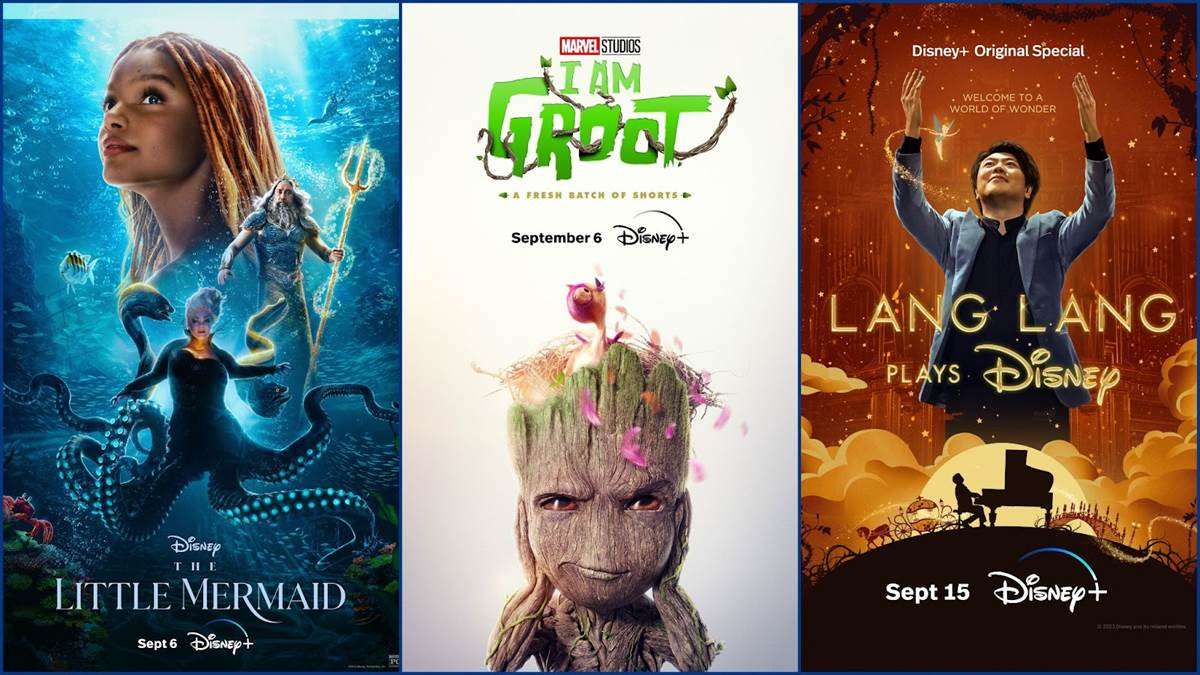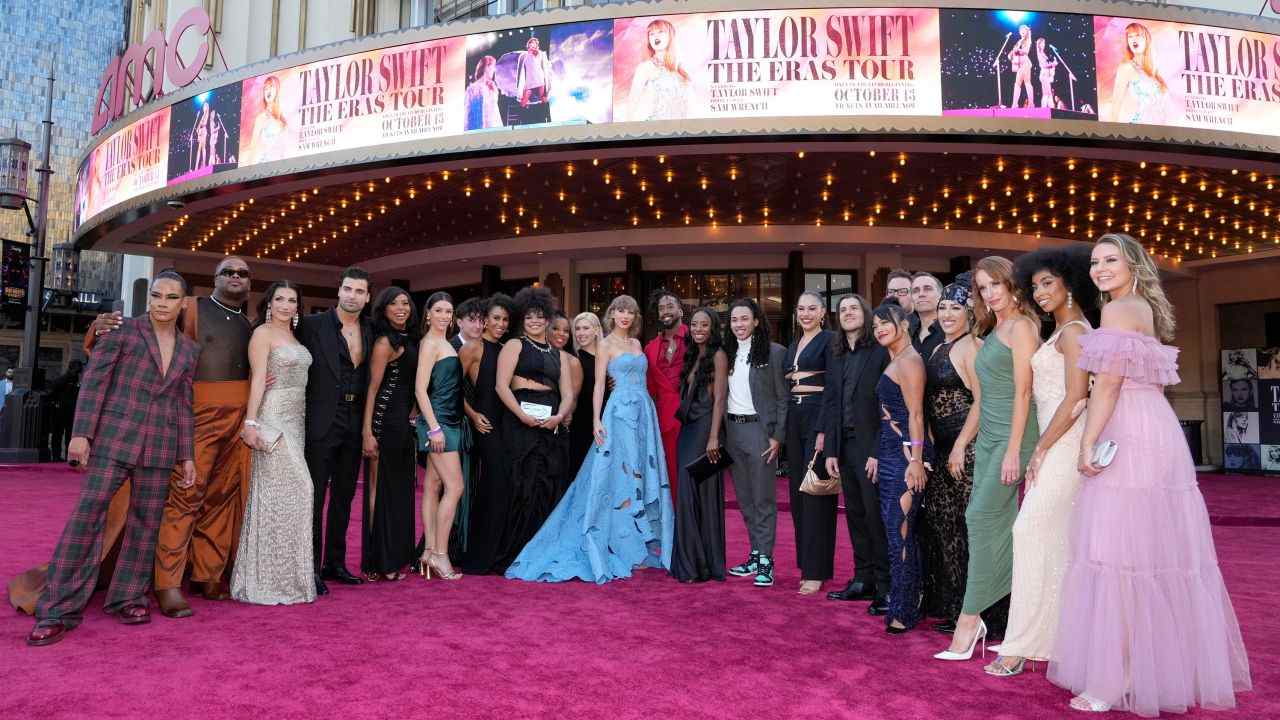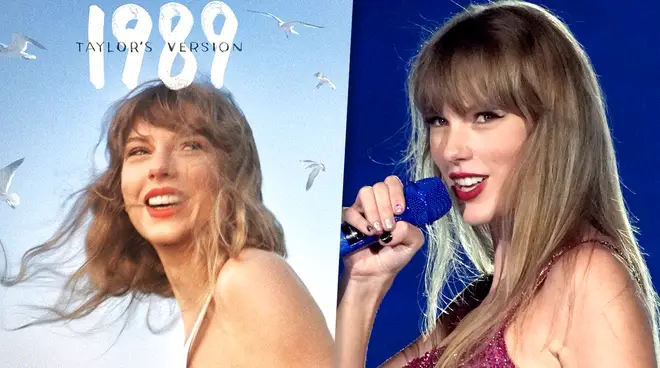Dumb Money Review, Rating, Earnings, Analysis And Impression
“Dumb Money,” directed by Craig Gillespie, is a captivating docudrama that delves into the GameStop stock saga of early 2021. The film explores the world of amateur stock trader Keith Gill, aka Roaring Kitty, who turned into an unlikely hero as he rallied a group of investors to take on Wall Street’s establishment. This review provides a detailed analysis of the film’s portrayal of events, characters, and the broader implications of the GameStop phenomenon.
Keith Gill, portrayed brilliantly by Paul Dano, is the central figure of “Dumb Money.” He defies the stereotype of Wall Street traders, living a modest life in Massachusetts and broadcasting his stock market obsessions on platforms like Reddit and YouTube. Gill’s eccentric persona, complete with cat-themed attire and a mock-samurai bandana, draws viewers into his world of stock trading.
The film unfolds against the backdrop of GameStop, a struggling video game retailer that was losing millions each year. Powerful hedge funds had been short selling GameStop’s stock for years, betting on its failure. However, Keith Gill’s fervent belief in the company begins to attract a following. He invests $53,000, his family’s savings, into GameStop, sparking a remarkable turnaround. The stock’s price skyrockets, from $3.85 to $348, turning Gill and his followers into millionaires.
“Dumb Money” captures the essence of Keith’s mission, portraying him as a champion of the people against the greed-driven Wall Street establishment. He turns GameStop into a symbol of resistance, and his followers rally behind the cause. The short squeeze phenomenon takes hold, and GameStop’s stock soars, underscoring the power of collective action in the stock market.
The film goes beyond Keith’s story, introducing a diverse ensemble of characters affected by his financial orbit. From a struggling nurse and single mom to a college couple drowning in debt, “Dumb Money” paints a vivid picture of ordinary Americans navigating financial peril. Pete Davidson’s presence as Keith’s brother adds humor and depth to the narrative.
Gillespie also introduces us to the hedge fund managers, portrayed by Nick Offerman, Vincent D’Onofrio, and Seth Rogen, who face the consequences of their massive short positions in GameStop. The film highlights how the GameStop saga shook the foundations of Wall Street, creating a David vs. Goliath dynamic.
The film cleverly uses GameStop as a symbol of nostalgia, demonstrating how a generation rooted in physical media challenged the digital age’s dominance. It questions whether the GameStop saga was a vengeful act, a product of pandemic-induced boredom, or a crowd-sourced pyramid scheme with a righteous façade.
While “Dumb Money” initially avoids over-romanticizing Keith’s crusade, it eventually succumbs to celebrating his achievements. The concept of “diamond hands” – holding onto stock with unwavering conviction – becomes a central theme. However, the film’s moral stance on the stock market’s exuberance as a solution for the middle class collapse raises questions.
“Dumb Money” is a rollercoaster ride through the GameStop phenomenon, blending drama and social commentary. It presents a nuanced portrayal of Keith Gill and the wider implications of the GameStop saga. While It celebrates the triumph of the amateur investors, it also prompts viewers to question the moral value of such stock-market exuberance. In the end, the film leaves us with the realization that the top of the pyramid always appears flush, but the true lessons of the GameStop saga run deeper than stock prices.






















